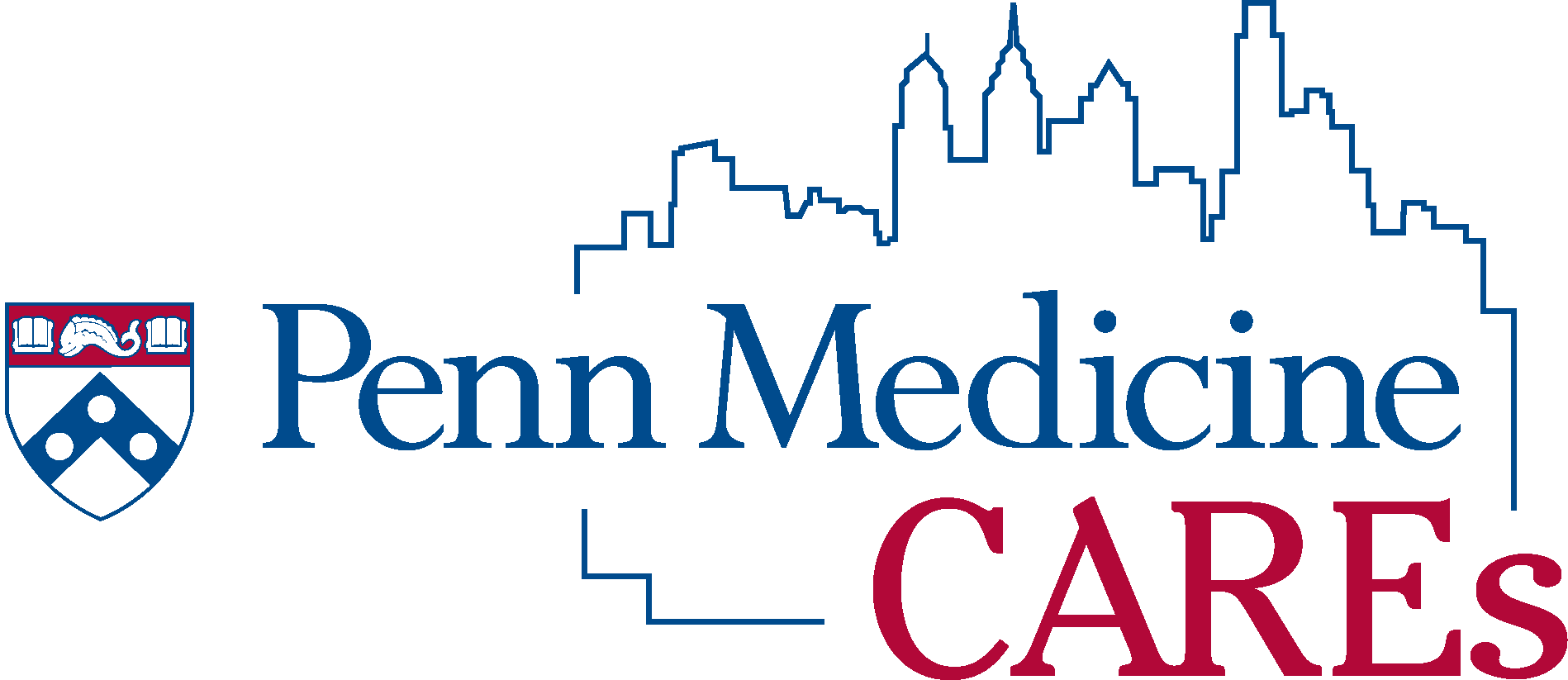

Childbirth can have life-altering effects on women’s bodies, before, during, and after delivery. In addition to a host of other risks women face, one in every 10 pregnant women will experience preeclampsia, a condition that causes high blood pressure (hypertension) towards the end of pregnancy, during labor, and after delivery. Hypertension can linger for weeks after delivery, making it especially important for mothers to continue monitoring their blood pressure after leaving the hospital.
High blood pressure from preeclampsia puts mothers at an increased risk of rare but serious complications including seizure, stroke, organ damage, and death. Women are most susceptible to these risks during the first week after delivery, but about 70 percent of women do not make it to their first follow-up appointment after delivery, which can lead to worsening hypertension and increased readmissions.
Instead of asking mothers to come into the office to check their blood pressure a few days after discharge, in 2017, doctors at the Hospital of the University of Pennsylvania (HUP) launched the Heart Safe Motherhood program. Developed by Adi Hirshberg, MD, an associate professor of Clinical Obstetrics and Gynecology and director of obstetrical services at HUP, and Sindhu K. Srinivas, MD, MSCE,a professor and vice chair for quality and safety in Obstetrics and Gynecology, this first-of-its-kind text message-based program allows mothers to track their blood pressure from the comfort of their home and communicate with their care team without visiting a doctor’s office.
As part of the program, patients are given blood pressure monitoring cuffs before leaving the hospital. Once home, they receive text messages reminding them to measure and record their blood pressure via text message two times per day for ten days. Once submitted, patients receive a response informing them if their blood pressure is normal or high, and what to do next. Patients reporting higher blood pressures may be asked to take additional readings. The patient’s doctor is also notified of elevated values. The reporting allows the care team to intervene and treat potentially life-threatening high blood pressure without a visit to the office.
The program is now the standard of care for all at-risk obstetric patients in all five of Penn Medicine’s birthing hospitals in the region spanning central Pennsylvania to central New Jersey.
After several years of operation, research bears out the effectiveness of Heart Safe Motherhood in protecting of participants’ health over the year following childbirth. Multiple conditions tied to high blood pressure occurred less frequently in those who participated in Heart Safe Motherhood compared to a similar group of patients who did not. Additionally, the Heart Safe Motherhood patients had fewer emergency room visits, hospitalizations, and total health care costs, averaging a savings of about $100 per patient.
4 times more likely to die
from pregnancy-related complications, including preeclampsia.





Penn Medicine patients
Hospital patients at two other Philadelphia birthing hospitals, an academic hospital in the Midwest, and a California health care institution






 Turning Text Messages into a Lifeline
Turning Text Messages into a Lifeline





